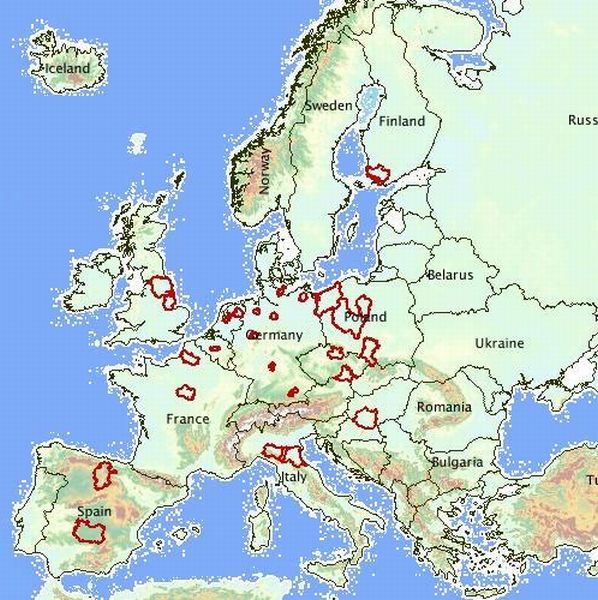Goals and benefits of Site Similarity Certification
-
A Site Similarity Certification (SSC) aims at substituting field trials by proving the transferability of the field trial results from one site to another, often located in another country.
Consequently, SSC takes up the current recommendation from the European Commission towards a reduction of field trials by supporting the mutual recognition of trial results in Europe and will simplify the zonal approach of the new regulation.
SSC covers the needs of the Crop Protection Industry:
-
To bridge the lack of field trial data
-
To substitute long-lasting and cost-intensive field trials
-
To optimise the planning of the location of field trial sites
-
To assess the similarity of sites in the northern and southern hemisphere and thus shorten field trials to only one year
-
To identify trial sites with similar site characteristics (1:n)
-
To prove the similarity of sites accross boundaries (1:1)
The Plant Protection Industry can draw the following benefits from SSC:
-
Reduction of workload regarding registrations and reregistrations
-
Reduction of costs
-
Shortening of time to market
On the part of the registration authorities the benefits are:
-
Easier acceptance of foreign field data by applying a broader data set
-
More secure and objective decisions on registrations and reregistrations
-
Faster processing of registrations and reregistrations
-
Reduction of workload regarding registrations and reregistrations
-
Faster availability of plant protection products and thus better crop protection
Pesticide producers as well as seed producers benefit from the innovative method of a Site Similarity Certification (SSC). But also consulting companies specialised in the management of registration processes and field trials can successfully apply SSC to their business.
-






